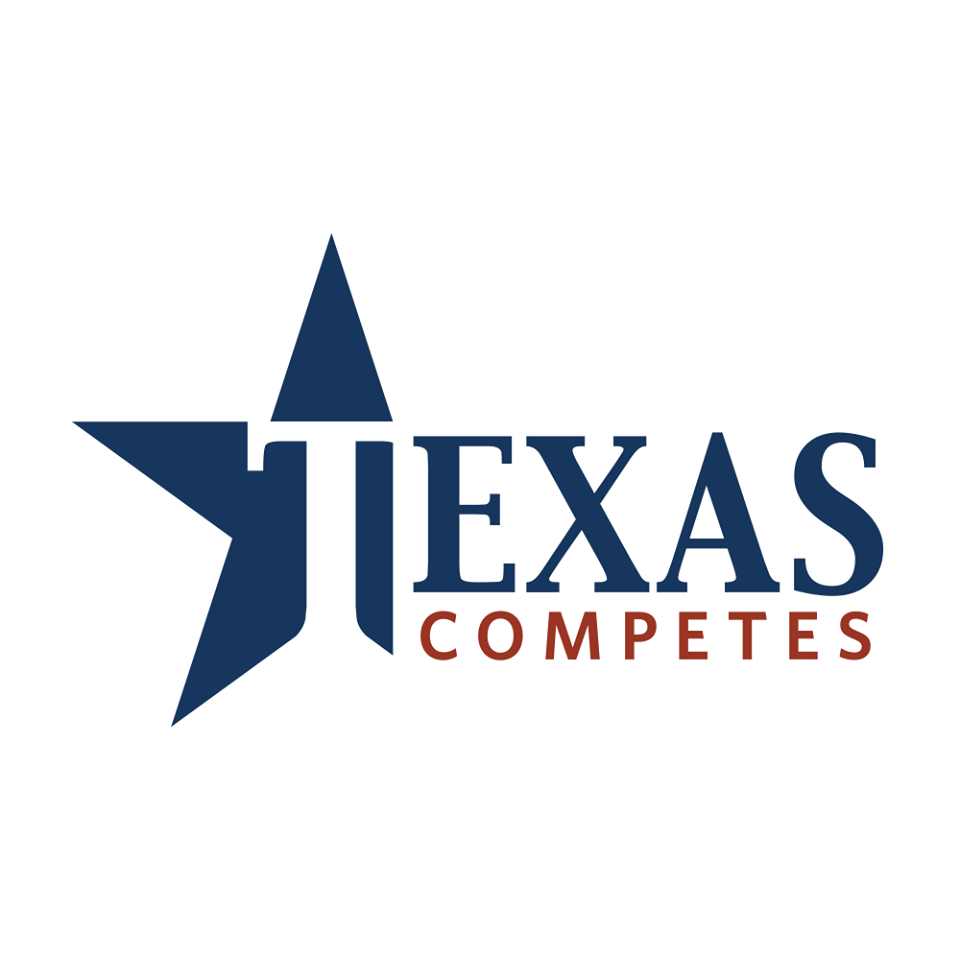I feel like they were a little slow getting off the bench, but the business lobby is back warning about anti-equality bills lurking in the Lege, mostly but not entirely in the Senate.
In the spring of 2015, 80 companies and business groups banded together to create Texas Competes, a coalition with something of a novel mission: It would make the “economic case for equality,” fighting discriminatory proposals and convincing the state’s business-friendly leaders that doing what they considered the right thing for LGBTQ Texans was also the smart play economically.
This year, the group’s membership has swelled above 1,400 organizations and counts among its ranks dozens of Fortune 500 companies, including Amazon, Google and Facebook.
The group and its allies are now flexing that muscle to combat legislative proposals the business leaders consider threats to their economic success due to the disparate impacts they would have on Texas’ LGBTQ communities.
That opposition infrastructure was on full display Wednesday afternoon as a slate of business leaders, including representatives of Texas’ burgeoning tech industry and tourism officials from some of the state’s biggest cities, detailed their opposition to two priority Senate bills at a Capitol press conference that came alongside an open letter to state leaders.
Perhaps the group’s biggest success was the failure last session of a “bathroom bill” that would have restricted transgender Texans’ access to certain public facilities. This year, many groups have argued, proposals that may have seemed more innocuous at first blush would create “a bathroom bill 2.0” situation.
“It’s always been about more than bathrooms because a welcoming, inclusive Texas is a 21st century economic imperative,” said David Edmonson, Texas director for TechNet, a coalition of tech companies committed to inclusivity.
At issue this week are two bills that have been tagged as priorities for the lieutenant governor. One, Republican Sen. Brandon Creighton’s Senate Bill 15, was at its start a relatively uncontroversial measure aimed at gutting mandatory paid sick leave ordinances in cities like Austin and San Antonio. But the bill was rewritten before it passed out of committee, and protections for local nondiscrimination ordinances were stripped out. Although the new version of the bill doesn’t explicitly target LGBTQ Texans, advocacy groups immediately raised alarm bells about the shift.
The other bill, Republican Sen. Charles Perry’s Senate Bill 17, would protect professional license holders from losing their licenses for conduct or speech they say was motivated by “sincerely held religious beliefs.” Advocates and business leaders say the bill would grant huge swaths of Texas employees a “license to discriminate” against LGBTQ communities.
The authors of both bills insist that they are not discriminatory measures, and Republican Lt. Gov. Dan Patrick has defended them as well. Both have advanced out of Senate committees, but neither has come to the floor for a vote.
See here for some background, and here for more on SB17 passing out of committee. I will note here that we were assured all through the 2017 session that the bathroom bill was in no possible way discriminatory against anyone, so I see no reason to take the assurances that these bills are not discriminatory with any seriousness. The one sure path to not passing discriminatory laws is to not pass laws that people who have historically been discriminated against say will be discriminatory to them.
After last session’s months-long slog to prevent any version of a bathroom bill from being passed into law, business leaders have kept in close touch with one another — and kept a close eye on the bills they consider discriminatory. That broad coalition grew in January 2017 with the formation of Texas Welcomes All, a group including tourism officials and visitors bureaus that came together with the explicit goal of opposing the bathroom bill as the Legislature geared up for a fight over the issue that would span several months.
After having its mettle tested in 2017, that vast network can mobilize quickly, as it did this week after Perry’s religious refusal bill passed out of committee.
“We’re better prepared than in 2015, when it was really uncharted territory,” said Jessica Shortall, the managing director of Texas Competes. “There wasn’t really a playbook for business and figuring out how to get engaged. Getting through 2017, where this was a steady drumbeat, there was an increasing sense of urgency. It helped us all figure out what that playbook should look like.”
This year, she added, “we’ve been briefing our members for a year and a half on the likelihood that this kind of religious exemption or religious refusal bill could be a focus.” After a “confluence of factors,” the group decided this week was time to organize a public statement and release an open letter to state leaders.
You can see a copy of that letter here. I said this often in 2017 during the height of pottymania, and I’ll say it again now: Business interests that care about a healthy, welcoming, non-discriminatory environment for the workers they want to attract and retain need to think long and hard about who they support politically. It’s not like the officeholders who file and vote for these bills came out of nowhere. They’re quite clear about what they do. It’s on all of us to listen and believe them. The DMN, which lists other problematic bills, has more.
UPDATE: Some further shenanigans to watch out for.

